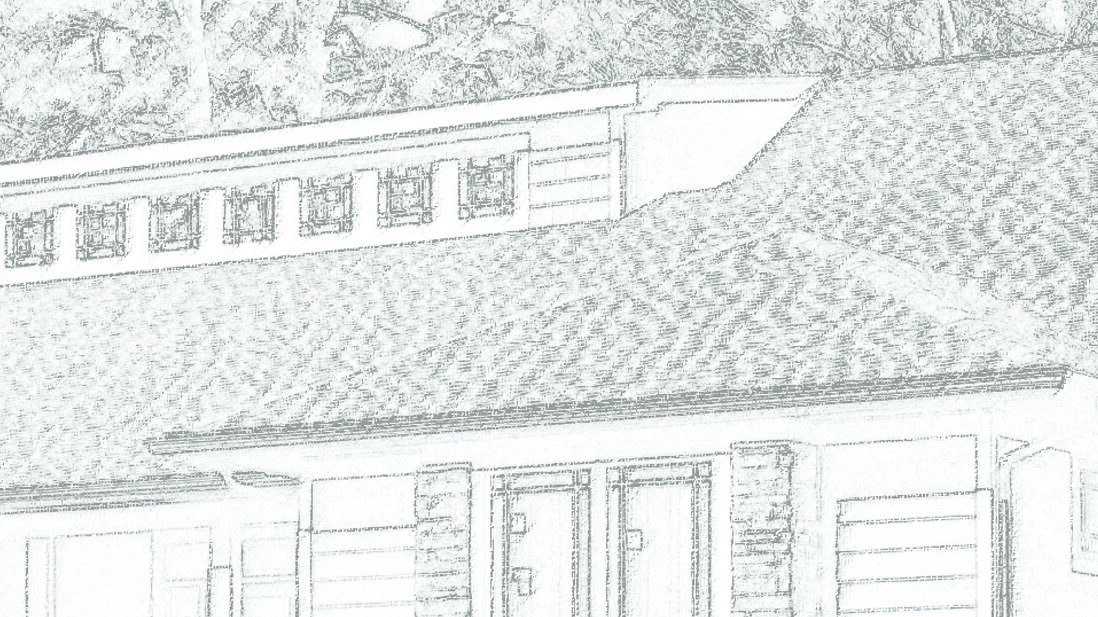With a Little Help From My Friends….
Architect’s have a lot of training in a lot of areas, but there are certain times we need to hire specialists. For most residential projects, we can handle the entire thing, but when you start doing commercial, mixed use, or institutional buildings, we need to call on our engineers. The most commonly used consultants are civil, structural, and mechanical engineers.
In a quick summary, a civil engineer designs everything from 5′ out from the building. Architect’s can do simple site plans, stormwater management plans, and other site issues, but often you’re better off using a civil engineer even if it’s not legally required (which it often will be on larger projects.) The civil engineer is the person you go to to get site approvals, and usually that involves designing the site access, fire lanes, parking requirements, and storm water management. Depending where you live, this may be the remit of 3-4 different agencies, another good reason to get a professional who does these sort of drawings regularly and can potentially save time and money getting through the regulatory process.
A structural engineer is a little more clear, as they design the structure. They’re most commonly needed on larger or more complex projects. Most architects can design a simple frame structure, but more advanced structural options or weird conditions (like hurricane zones or unusual design elements) may require an engineer even on very simple projects to satisfy legal requirements.
A mechanical engineer is generally required only for the largest or most unusual projects. They are the people who design the electrical, plumbing, and mechanical systems of a building. They are actually required in certain types of buildings, and a good idea on any project where the budget exceeds a million or two as they can provide value in tweaking your systems to be more efficient or effective. But in most smaller or residential projects, a good contractor can handle most of their job limitting the usefulness of paying their fees.
There are a ton of other potential consutltant and specialists that can be included on a project team from landscape architects to fire protection specialists to interior designers. I’ve even worked on a couple of projects with assembly line designers, and the truth is, if you think you need a professional added to the design team, talk to your architect (they should be the person coordinating the team, read earlier posts on understanding architects to see why.) It’s entirely possible they know a few and who will work cheaply or work efficiently or have the best ideas.
